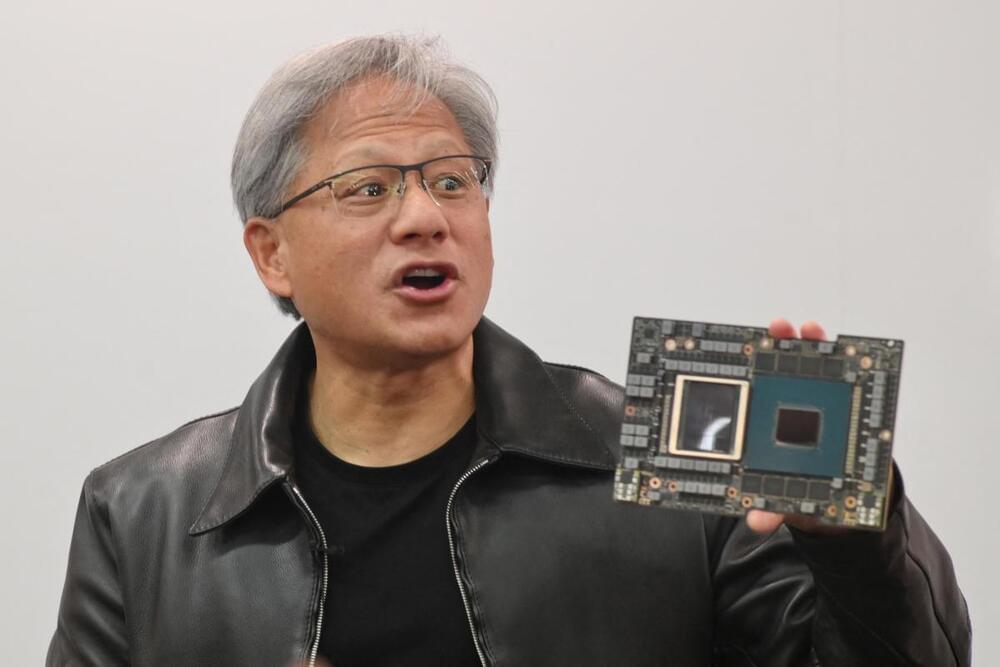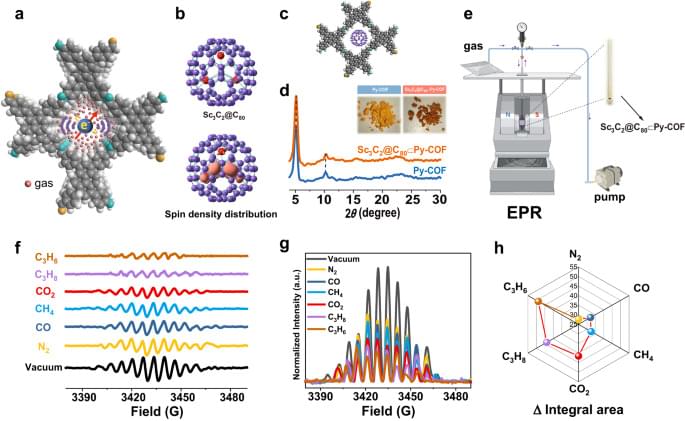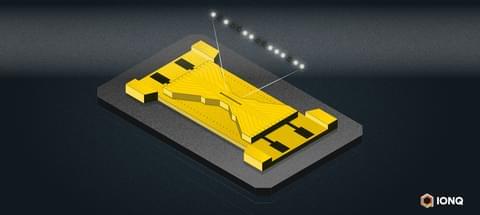Aug 17, 2023
“AI Town” lets you build your own GPT-based AI civilization
Posted by Gemechu Taye in category: robotics/AI
Venture capitalist a16z rebuilds a research paper with “AI Town” and releases the code. AI Town uses a language model to simulate a Sims-like virtual world in which all characters can flexibly pursue their motives and make decisions based on prompts.
In April, a team of researchers from Google and Stanford published the research paper Smallville. OpenAI’s GPT-3.5 simulates AI agents in a small digital town based solely on prompts.
Each character has an occupation, personality, and relationships with other characters, which are specified in an initial description. With further prompts, the AI agents begin to observe, plan, and make decisions.


















